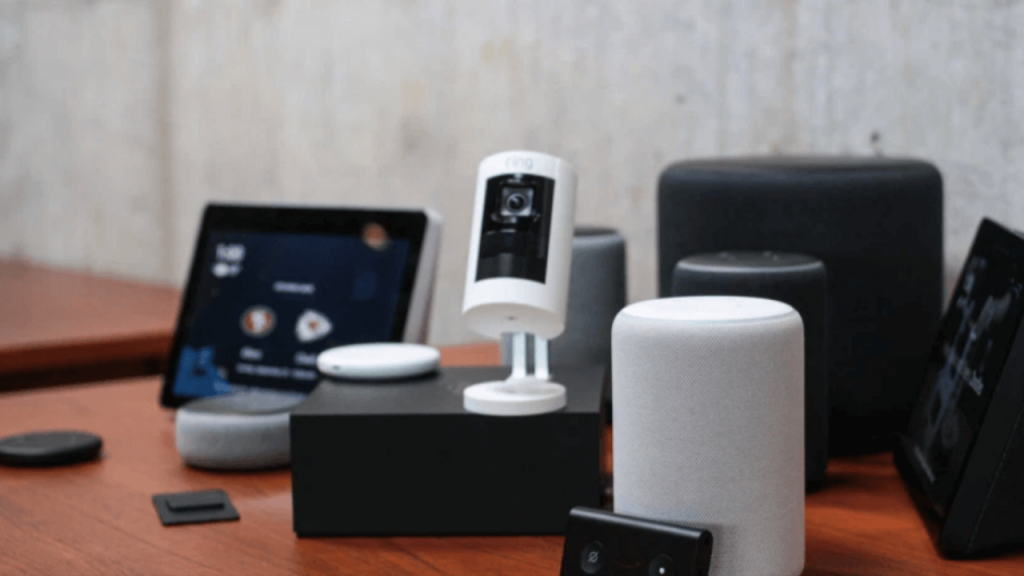
These days, consumers are flooded with smart devices for the home. Like Google, there is Amazon, which certainly can deliver good products, too. Following this trend, Amazon is expanding the functions related to personalization of its smart devices to make them more useful (Hautala, 2021). As a user, you can either be happy about this or not. Both the Ring security cameras and Alexa smart speakers are known, for example, for tracking users and their surroundings (Hautala, 2021). Amazon wants to change this by not collecting all the personal data.
Amazon recently revealed updates for both Ring and Echo products that result in incremental improvement in user privacy (Hautala, 2021). As opposed to storing data in Amazon’s cloud, the bottom line is that people will feel more comfortable when their personal information is processed on its security cameras and smart devices.
Users of the smart devices have the option to store and process information locally, meaning that the data will remain on their devices (Hautala, 2021). However, the question is how trustworthy you consider the devices to be as a user. People who are very keen on privacy are on distance from these types of devices, so the new features will not provide a solution about devices that can always keep an eye on you (Hautala, 2021).
Personally, I believe that privacy is indeed a big factor when considering smart devices, but I do reflect on how prominently I want to place the privacy factor in my life. Using Amazon as an example, as opposed to an Alexia speaker I am likely to buy devices that relate to home security, for example Ring.
Now that Amazon is introducing the option to store data locally, knowing that information is still being captured, I am curious to know to what extent you want to make your home smart and whether privacy is a big factor for you to consider if you actually want to buy smart devices.
Reference
Hautala, L. (2021, September 29). Amazon unwraps privacy features as it tries to roll deeper into your home. CNET. https://www.cnet.com/home/smart-home/amazon-rolls-out-privacy-features-as-it-tries-to-get-deeper-into-your-house/

